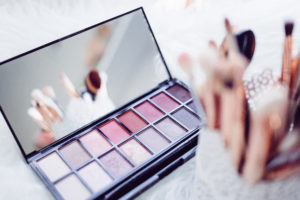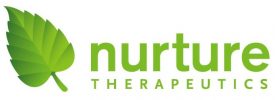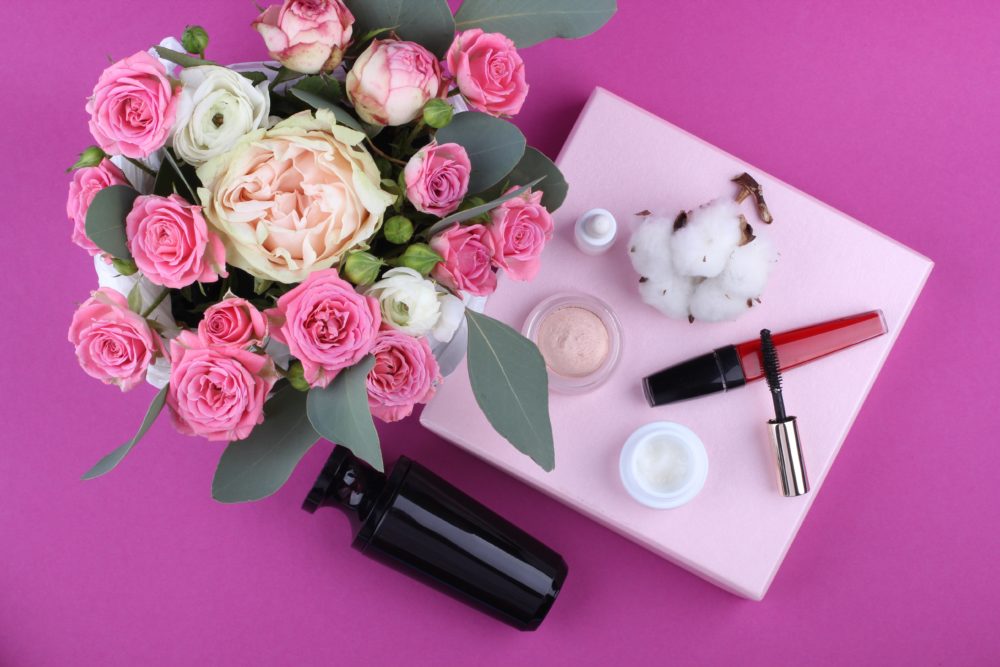 Of the tens of thousands of chemicals found commonly in the environment 168 of them are Endocrine Disrupting Chemicals or EDC’s. What the heck does that mean? They disrupt or interrupt the normal functioning of your hormonal regulators. Not just impacting your sexual health and menstrual cycle but calorie burning, wound healing and more.
Of the tens of thousands of chemicals found commonly in the environment 168 of them are Endocrine Disrupting Chemicals or EDC’s. What the heck does that mean? They disrupt or interrupt the normal functioning of your hormonal regulators. Not just impacting your sexual health and menstrual cycle but calorie burning, wound healing and more.
Of the 168, avoidance is key, dealing with the chemicals once they are in your body is a lose-lose proposition. How to avoid is easier than you think. If you can avoid the BIG 4 SOURCES of EDC’s for women you will be giving yourself a huge fighting chance!
- Phthalates. Pronounced “tha’-lates”, these are plasticizer chemicals which in women act as pseudo-estrogens potentially stimulating hormonal-based cancers.
- Can be found in nail polish (“dibutyl phthalate”), switch to less-harmful alternatives like Canadian-made SunCoat or other brand labeled phthalate-free
- Wear only all-natural make-up (brands from a health-food store) or a mineral-only foundation
- Practice safe microwaving, never “nuke” in plastic or styrofoam or cover food being microwaved with Saran Wrap (use parchment paper or a plate as a cover instead)
- Avoid products with synthetic “fragrance” or “parfum” on the label (hidden phthalates to help the smell penetrate your skin)
- Completely avoid synthetic air “deodorizers”. Use natural essential oils, baking soda, vinegar and/or lemon to lessen offending odours
- Avoid PVC; replace the plastic shower curtain with a washable fabric curtain, avoid installing cushion vinyl, sheet vinyl and vinyl tile flooring. Limit contact with imitation leather and blow-up furniture
- Avoid handling soft plastic toys
- Bisphenol A. BPA in food and beverages accounts for the majority of daily human exposure. Bisphenol A can leach into food from the protective internal epoxy resin coatings of canned foods and from consumer products such as polycarbonate tableware, food storage containers, water bottles, and baby bottles.
- Keep all plastic items out of your mouth even if BPA-free. Switch coffee travel mugs and smoothie cups to glass or stainless steel.
- If confused by the multitudes of different plastics available in everyday life remember the mantra: 4, 5, 1 and 2; all the rest are bad for you
- Avoid storing water in any type of plastic, filtered water via affordable on-tap systems (Brita- approximately $35) can provide water as needed or store in bulk in glass carafe
- Say no to receipts, have them emailed to you where available or at least do not handle with bare skin (wear gloves at Costco!)
- Do not store high-fats foods such as cheese in Plastic Wrap (SaranWrap), if necessary add a layer of parchment paper under the plastic
- Buy acidic foods like tomatoes and tomato sauce in glass where possible, (avoiding plastic lined cans, unless labelled BPA free)
- Parabens are preservatives found in our personal care products to prevent bacterial contamination. They can be found on the label as methyl-, propyl-, or ethylparaben, they accumulate in the body and over time also act as pseudo-estrogens.
- Buy shampoos, hand creams, makeup etc labelled “Paraben-Free”
- Triclosan is a depressant, interferes with thyroid activity, promotes estrogen-mediated cancer growth AND is responsible for the growing problems of antibiotic-resistant bacteria.
- Use plain soap for washing hands (lather/scrub for 30 seconds minimum) and buy soap/personal care products free Microban, Biofresh, Irgasan DP 300, Lexol 300, Ster-Zac, Cloxifermolum and 5-choloro-2-(2,4- dichlorophenoxy)phenol

